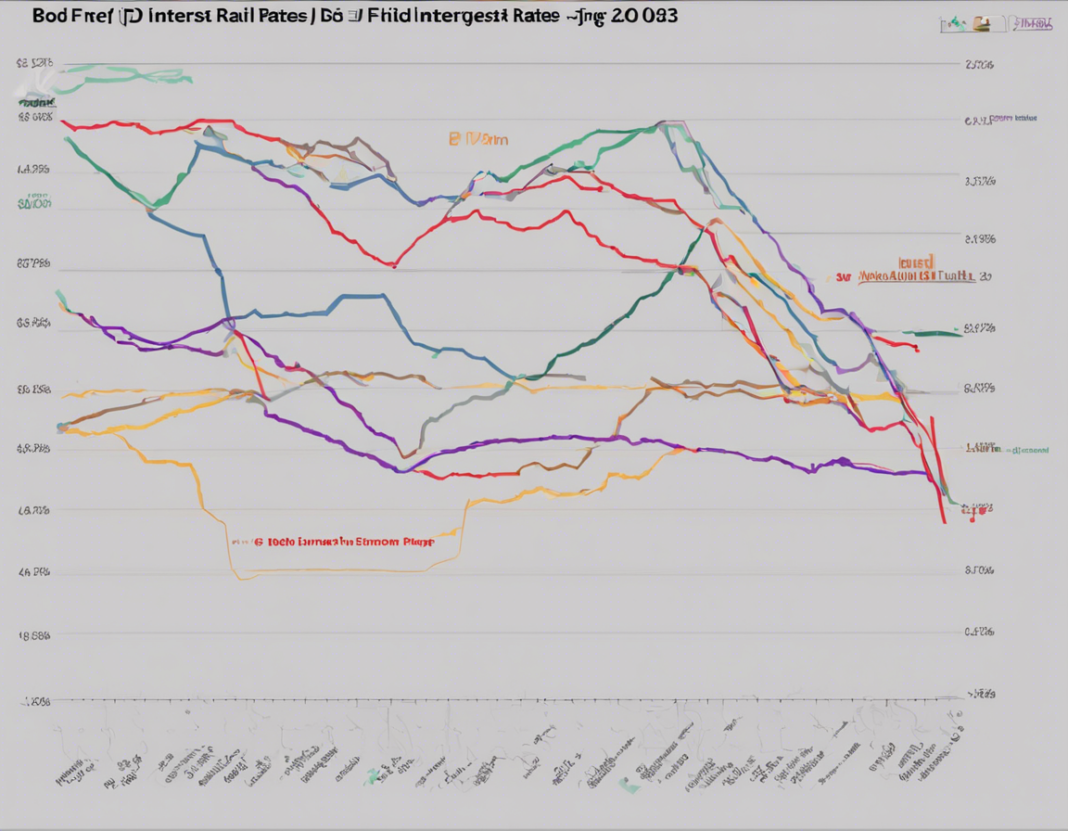When it comes to saving money and watching it grow, Fixed Deposits (FDs) are a popular choice among individuals seeking a safe investment option. FDs offer a guaranteed rate of interest and are considered a low-risk investment avenue. However, with financial markets constantly changing, it’s essential to stay updated with the best FD interest rates for 2023 to make the most out of your investments.
In this article, we will delve into how you can maximize your returns by unlocking the best FD interest rates in 2023. Bob, our financial expert, will guide you through the essential factors to consider, strategies to explore, and tips to optimize your FD investments.
Understanding Fixed Deposits
What are Fixed Deposits?
Fixed Deposits are financial instruments offered by banks and financial institutions wherein an individual can deposit a sum of money for a predetermined period at a fixed interest rate. These deposits have a fixed tenure ranging from a few days to several years.
How do Fixed Deposits Work?
When you invest in an FD, you lock in a specific amount of money for a set period, during which the funds cannot be withdrawn without incurring a penalty. In return, the bank pays you interest on your deposit at regular intervals or upon maturity.
Benefits of Fixed Deposits
- Safety: FDs are considered a safe investment option as they offer capital protection.
- Stable Returns: With a fixed interest rate, you can predict the returns on your investment.
- Ease of Investment: Opening an FD account is a straightforward process and does not require prior market knowledge.
Factors Affecting FD Interest Rates
Economic Conditions
Economic conditions play a significant role in determining FD interest rates. In a growing economy, interest rates tend to be higher to curb inflation. Conversely, during a slow economy, interest rates may decline to stimulate growth.
Reserve Bank of India (RBI) Policies
The RBI sets the benchmark interest rates in the economy, influencing the interest rates offered by banks. Any changes in the repo rate by the RBI can impact FD rates.
Type of Bank
Different banks offer varying FD interest rates based on their funding requirements, liquidity, and market competitiveness. Public sector banks, private banks, and small finance banks may offer different rates for similar tenures.
Strategies to Maximize FD Returns
Compare Interest Rates
Before investing in an FD, compare interest rates offered by various banks to find the best deal. Online comparison tools can help you identify banks offering competitive rates.
Opt for Cumulative FDs
In a cumulative FD, the interest is reinvested along with the principal amount, leading to higher overall returns at maturity. This is a useful strategy for long-term investors.
Ladder your Investments
By laddering your investments, you can spread your deposits across different tenures. This strategy allows you to capitalize on higher interest rates for longer tenures while maintaining liquidity.
Consider Senior Citizen FDs
Many banks offer higher interest rates for senior citizens. If eligible, investing in senior citizen FDs can fetch you better returns on your deposits.
Tips to Optimize FD Investments
Automate Your Investments
Set up automatic transfers to your FD account to ensure regular savings without missing out on investment opportunities.
Stay Informed
Keep yourself updated on the latest market trends, interest rate changes, and new FD schemes to make informed investment decisions.
Reinvest Maturity Amount
Upon maturity, consider reinvesting the principal amount along with the interest to benefit from the power of compounding.
Frequently Asked Questions (FAQs)
- Can I withdraw money from my FD before maturity?
-
Yes, but premature withdrawal may attract a penalty and result in lower returns.
-
Are FD returns taxable?
-
Yes, the interest earned on FDs is taxable as per your income tax slab.
-
Can I take a loan against my FD?
-
Yes, many banks offer loans against FDs at competitive interest rates.
-
What happens if a bank offering my FD goes bankrupt?
-
Deposits up to Rs. 5 lakh in each bank are insured by the Deposit Insurance and Credit Guarantee Corporation (DICGC).
-
Can NRIs invest in Fixed Deposits in India?
- Yes, NRIs can invest in NRE or NRO fixed deposits with certain restrictions.
In conclusion, unlocking the best FD interest rates for 2023 requires a strategic approach, thorough research, and staying proactive in monitoring market movements. By considering the factors affecting FD rates, employing smart investment strategies, and following expert tips, you can optimize your FD investments and watch your savings grow steadily. Remember, while seeking high returns is important, it is equally crucial to balance risk and liquidity to build a robust investment portfolio.

